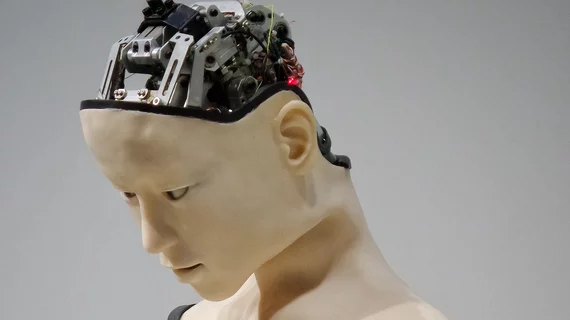Medical student wins essay contest forecasting healthcare’s tech-drenched future
Over the next 50 to 100 years, quantum computing will increasingly automate all manner of healthcare processes while biomaterials and genetic engineering drive regenerative medicine into everyday care.
So predicts Sam Tarassoli, a U.K. medical student whose essay on AI and the future of healthcare has taken first place in a contest across the pond sponsored by the Association of Surgeons in Training (ASiT) and Annals of Medicine and Surgery.
As part of the prize, the journal is running the essay in its May edition.
“In the next decade, the use of immersive technologies will become commonplace in and out of the surgical theatre,” writes Tarassoli, who is in his fourth year at Swansea University College of Medicine. “Use of head tracking and motion control sets would allow for greater visualization both preoperatively [and] intraoperatively.”
Moreover, with network speeds ever on the increase, “the ability to carry out procedures remotely could become an ideal of the present.”
Also in the relatively near term, Tarassoli foresees a growing role for virtual and augmented reality in guiding care and training physicians.
Further down the road, the next half century will see the continuing rise—in ways predictable and unpredictable—of AI, robotics, genomics and regenerative medicine, he writes.
“Some have theorized that artificial intelligence will be the beginning of automation in the surgical field when combined with its ability to learn and adapt to individual patients,” Tarassoli notes. “Robotic surgery is a blossoming field currently in place in theatres that will be a stalwart of the next few decades.”
Ultimately, Tarassoli concludes, the future of medicine and surgery “will depend upon the pace of medical technology development, but more importantly, the field’s specific focus on patient care. Fundamentally, these avenues will only find their long place in surgery if they address a specific clinical need while proposing themselves as an improvement to the current technique.”
The journal has posted the essay in full for free.

